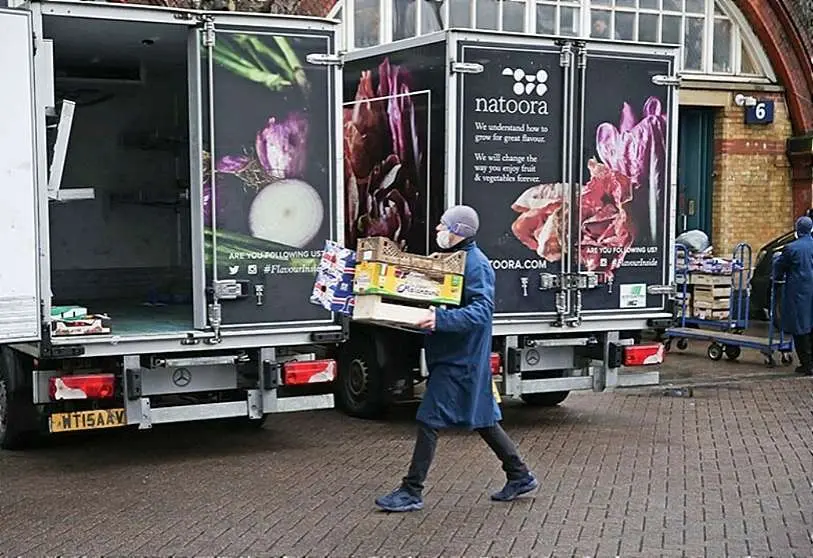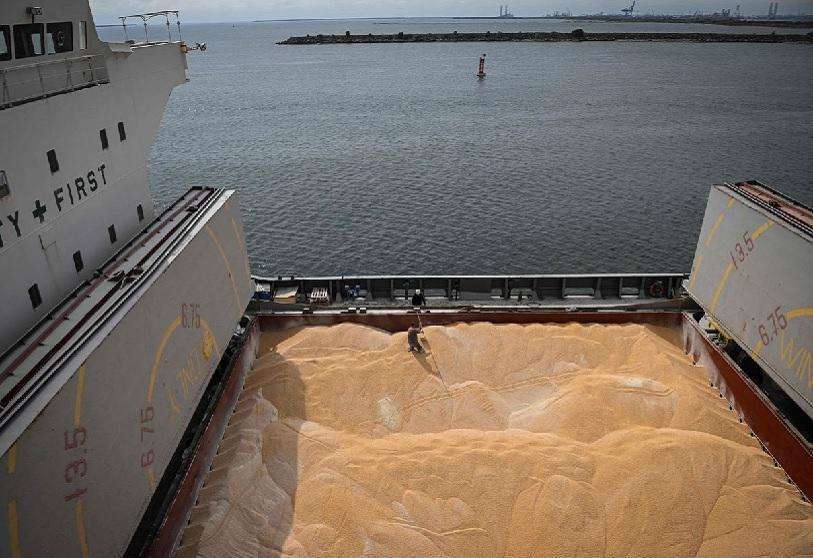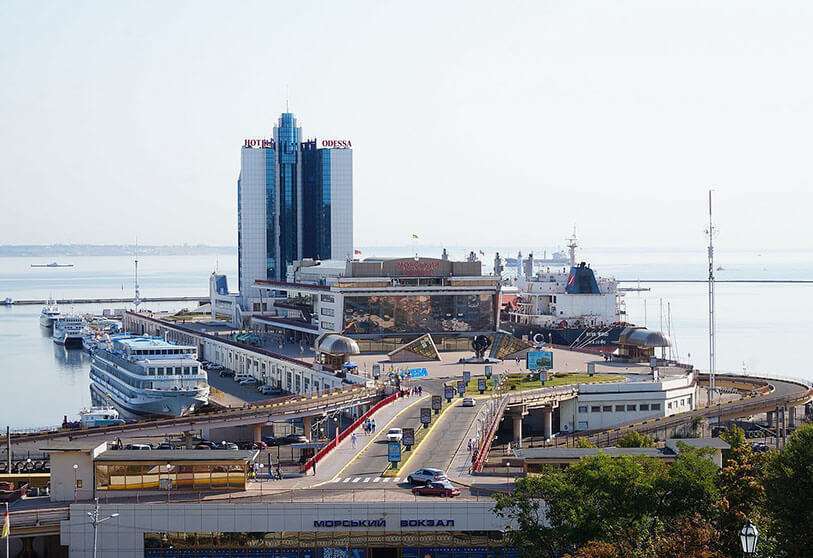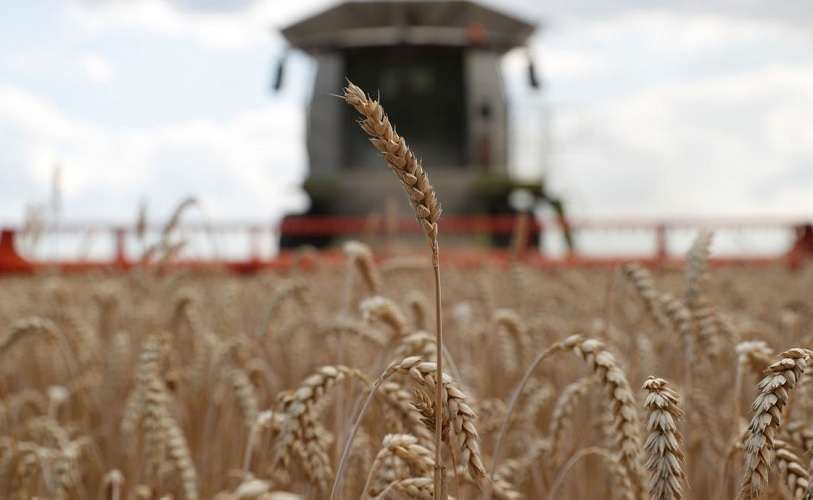Food crisis knocks on Europe's door again

Barely three and a half months have passed since Ukraine and Russia signed an agreement on 22 July, under the auspices of the UN and Turkey, which allowed the resumption of cereal exports from the European country. However, with 20 days to go before the official expiry date of the pact, global food security alarm bells are ringing again. Russia has abandoned the Black Sea grain corridor agreement and the threat of hunger is once again looming over the world.
In this scenario, Europe once again becomes the first to suffer the immediate consequences of the Russian-Ukrainian conflict. The "breadbasket of Europe" supplied the Old Continent with more than 6.5 million tonnes of maize out of the 15 it needs (making it the second largest supplier of this product) and nearly 630,000 tonnes of wheat out of the 2 million it requires for the 2020/2021 season. In fact, the volume of Ukrainian exports to Europe amounts to 47%. In addition, the country had hoped to maintain its position as the second largest exporter of maize to the EU, and to become the second largest supplier of wheat and barley, and the largest supplier of sorghum, for the 2022/2023 season.

But the arrival of the Kremlin's 'special military operation' in February 2022 ended any hope of export growth for Kiev. The occupation by Russian troops of several territories in southern and eastern Ukraine - regions that are home to the country's main commercial ports - prevented hundreds of ships from leaving, and jeopardised the stability and food security of Europe. And the whole world.
Now, after months where the situation seemed under control, wheat and maize prices have soared. The prices of both products have risen by 7.7% and 2.8%, respectively, in just three days. According to analysts, this rise seems to be nothing more than evidence of increased global competition to maintain supplies, and could lead many countries dependent on Ukrainian grain to face supply crises. Indeed, Europe itself must now replace nearly 200,000 tonnes of foodstuffs - mainly grain - that it has previously imported from Ukraine.

However, shortages of some food and raw materials were already apparent before Moscow's announcement, for - although the Black Sea shipping corridor has allowed some 400 cargo ships to continue exporting up to 9 million tonnes of agricultural products - the total volume was still significantly lower than before the start of the war.
In addition to falling imports of Ukrainian cereals, rapeseed and vegetable oils, Russia's exports to Europe are also falling. White fish (22 per cent of which it exports to the EU), barley and wheat, and fertilisers (which the EU imports an average of 40 per cent) are just some of the products that the Eurasian giant has stopped supplying in the same quantities as before the invasion. In figures, according to the European Statistical Office, European imports of cereals, other foodstuffs and fertilisers from Ukraine and Russia amounted to more than 40 billion euros in 2020. And globally, exports from both countries to the rest of the world account for more than 30% of wheat exports, and almost the same amount of barley.

"It is the poorest people in the world who are paying for this," said Marion Jansen, head of International Trade and Agriculture at the Organisation for Economic Co-operation and Development (OECD), referring to the poorest communities in developing and third world countries (in Africa and Asia), just days before the ministerial meeting of OECD member countries. "It is very irresponsible", was Jansen's criticism, in line with what the Ukrainian president, Volodymir Zelenski, declared after learning of the breakdown of the agreement: "Russia is blackmailing the world with hunger", he said, after highlighting the Russian blockade of 218 grain ships in Ukrainian ports during the last few weeks.








